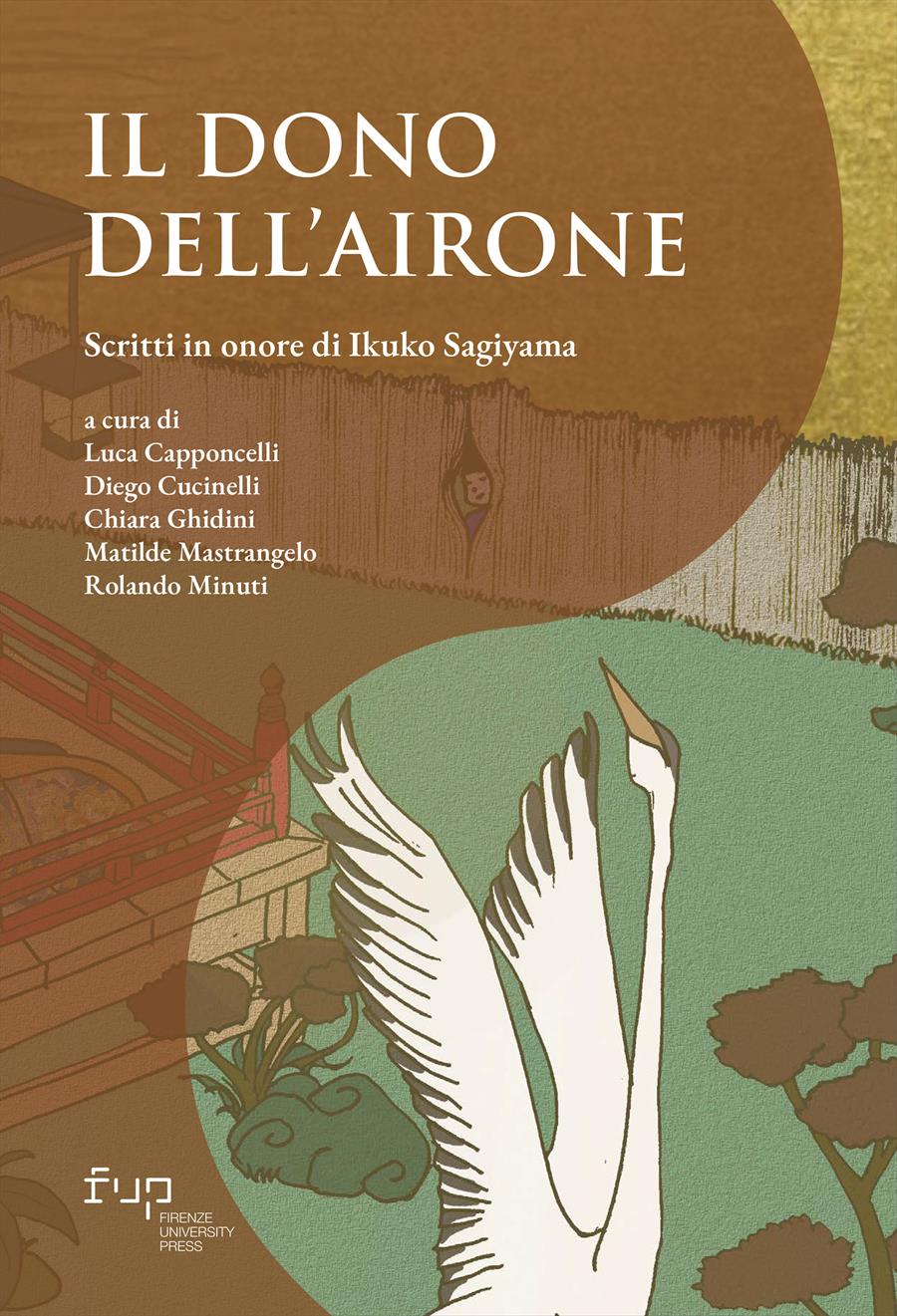- Il dono dell’airone
- Edited by Luca Capponcelli, Diego Cucinelli, Chiara Ghidini, Matilde Mastrangelo, Rolando Minuti
Donne che corrono sulla montagna. I primi romanzi di Tsushima Yūko (1947-2016)
- Maria Teresa Orsi
- © 2024 Author(s) |
- CC BY 4.0
- DOI: 10.36253/979-12-215-0422-4.18
A significant portion of Tsushima Yūko’s body of work, particularly her early novels that brought her fame – Chōji (Child of Fortune, 1978), Hikari no ryōbun (Territory of Light, 1979), Yama o hashiru onna (The Woman Running on the Mountain, 1980), and Danmari ichi (The Silent Traders, 1984) -- while incorporating easily recognisable autobiographical elements, extends the discourse beyond the realm of the ‘private novel’. These works delve into an examination of the paths women (not only Japanese) are compelled to traverse when rejecting the conformity enforced by a social environment that still clings to models that not even the second wave of feminism of the 1970s and 1980s managed to overcome. The protagonists are predominantly solitary women, driven by a desire to break free from the ‘obligation’ of forming a family, which remains a deeply conditioning necessity. They are keenly aware of the unspoken disapproval directed at divorced women who do not conform to the confines of their original households. Overlapping with this is a resolute yearning for psychological and social independence, a pursuit fraught with challenges yet pursued tenaciously. Within these narratives, Tsushima Yūko not only draws inspiration from her personal experiences but also expands upon the image of that central ‘self’ – the core of the story. She diversifies their experiences beyond the foundational substance and, most importantly, leaves room for imagination in the dual dimensions of individual dreams and the collective fantasy expressed through myths and legends.
- Keywords:
- Tsushima Yuko,
- Feminism,
- yamanba,
- Single Mother,
- Women and Myths in Literature,
Sapienza University of Rome, Italy
- Orsi, Maria Teresa. a cura di. 1998. Fiabe giapponesi. Torino: Einaudi.
- Tsushima Yūko. 2021. Il figlio della fortuna (traduzione e postfazione di Maria Teresa Orsi). Pordenone: Safara.
- Tsushima Yūko. 1984a. Numa. Tokyo: Shinchōsha.
- Tsushima Yūko. 1984b. Danmari ichi, Tokyo: Shinchōsha.
- Tsushima Yūko, 1993. Hikari no ryōbun. Tokyo: Kōdansha.
- Tsushima Yūko. 2006. Yama o hashiru onna. Tokyo: Kōdansha.
- Yanagita, Kunio. 1948. Nihon mukashibanashi meii, Tokyo: Nihon hōso kyōkai.
- Seki, Keigo. 1979-80. Nihon mukashibanashi taisei. Tokyo: Kadokawa shoten.
- Seki, Keigo. 1992. Nihon no mukashibanashi, Tokyo: Iwanami bunko.
Chapter Information
Chapter Title
Donne che corrono sulla montagna. I primi romanzi di Tsushima Yūko (1947-2016)
Authors
Maria Teresa Orsi
Language
Italian
DOI
10.36253/979-12-215-0422-4.18
Peer Reviewed
Publication Year
2024
Copyright Information
© 2024 Author(s)
Content License
Metadata License
Bibliographic Information
Book Title
Il dono dell’airone
Book Subtitle
Scritti in onore di Ikuko Sagiyama
Editors
Luca Capponcelli, Diego Cucinelli, Chiara Ghidini, Matilde Mastrangelo, Rolando Minuti
Peer Reviewed
Number of Pages
390
Publication Year
2024
Copyright Information
© 2024 Author(s)
Content License
Metadata License
Publisher Name
Firenze University Press
DOI
10.36253/979-12-215-0422-4
ISBN Print
979-12-215-0421-7
eISBN (pdf)
979-12-215-0422-4
Series Title
Connessioni. Studies in Transcultural History
Series ISSN
2975-0393
Series E-ISSN
2975-0261
